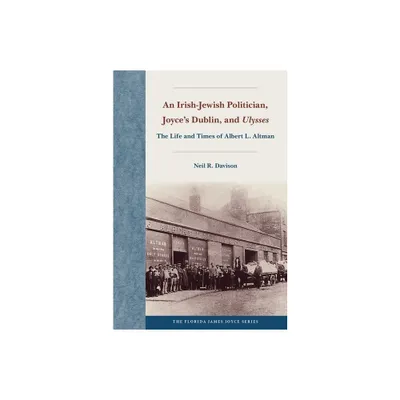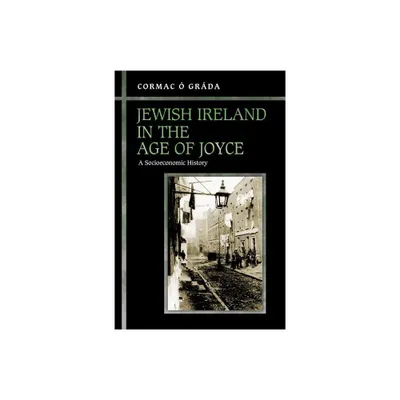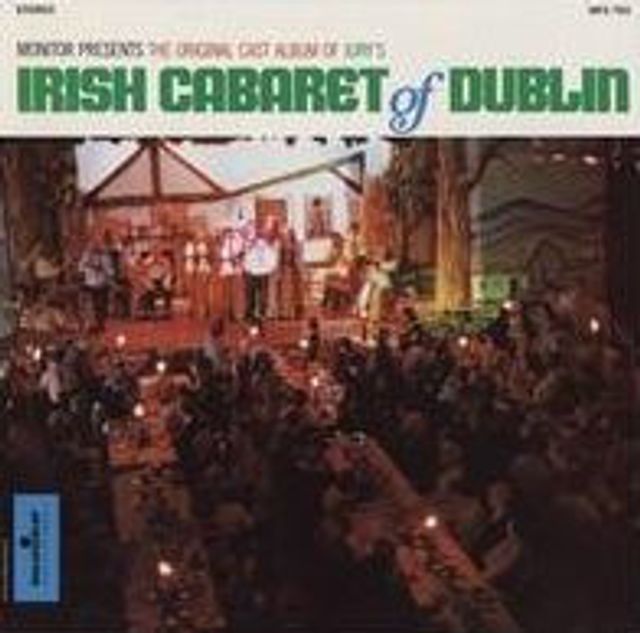Home
An Irish-Jewish Politician, Joyce's Dublin, and
Loading Inventory...
Barnes and Noble
An Irish-Jewish Politician, Joyce's Dublin, and
Current price: $85.00


Barnes and Noble
An Irish-Jewish Politician, Joyce's Dublin, and
Current price: $85.00
Loading Inventory...
Size: OS
*Product Information may vary - to confirm product availability, pricing, and additional information please contact Barnes and Noble
A forgotten historical figure and his influence on the writing of James Joyce
In this book, Neil Davison argues that Albert Altman (1853-1903), a Dublin-based businessman and Irish nationalist, influenced James Joyce’s creation of the character of Leopold Bloom, as well as
Ulysses
’s broader themes surrounding race, nationalism, and empire. Using extensive archival research, Davison reveals parallels between the lives of Altman and Bloom, including how the experience of double marginalization—which Altman felt as both a Jew in Ireland and an Irishman in the British Empire—is a major idea explored in Joyce’s work.
Altman, a successful salt and coal merchant, was involved in municipal politics over issues of Home Rule and labor, and frequently appeared in the press over the two decades of Joyce’s youth. His prominence, Davison shows, made him a familiar name in the Home Rule circles with which Joyce and his father most identified. The book concludes by tracing the influence of Altman’s career on the Dubliners story “Ivy Day in the Committee Room,” as well as throughout the whole of Ulysses. Through Altman’s biography, Davison recovers a forgotten life story that illuminates Irish and Jewish identity and culture in Joyce’s Dublin.
A volume in the Florida James Joyce Series, edited by Sebastian D. G. Knowles
In this book, Neil Davison argues that Albert Altman (1853-1903), a Dublin-based businessman and Irish nationalist, influenced James Joyce’s creation of the character of Leopold Bloom, as well as
Ulysses
’s broader themes surrounding race, nationalism, and empire. Using extensive archival research, Davison reveals parallels between the lives of Altman and Bloom, including how the experience of double marginalization—which Altman felt as both a Jew in Ireland and an Irishman in the British Empire—is a major idea explored in Joyce’s work.
Altman, a successful salt and coal merchant, was involved in municipal politics over issues of Home Rule and labor, and frequently appeared in the press over the two decades of Joyce’s youth. His prominence, Davison shows, made him a familiar name in the Home Rule circles with which Joyce and his father most identified. The book concludes by tracing the influence of Altman’s career on the Dubliners story “Ivy Day in the Committee Room,” as well as throughout the whole of Ulysses. Through Altman’s biography, Davison recovers a forgotten life story that illuminates Irish and Jewish identity and culture in Joyce’s Dublin.
A volume in the Florida James Joyce Series, edited by Sebastian D. G. Knowles


















